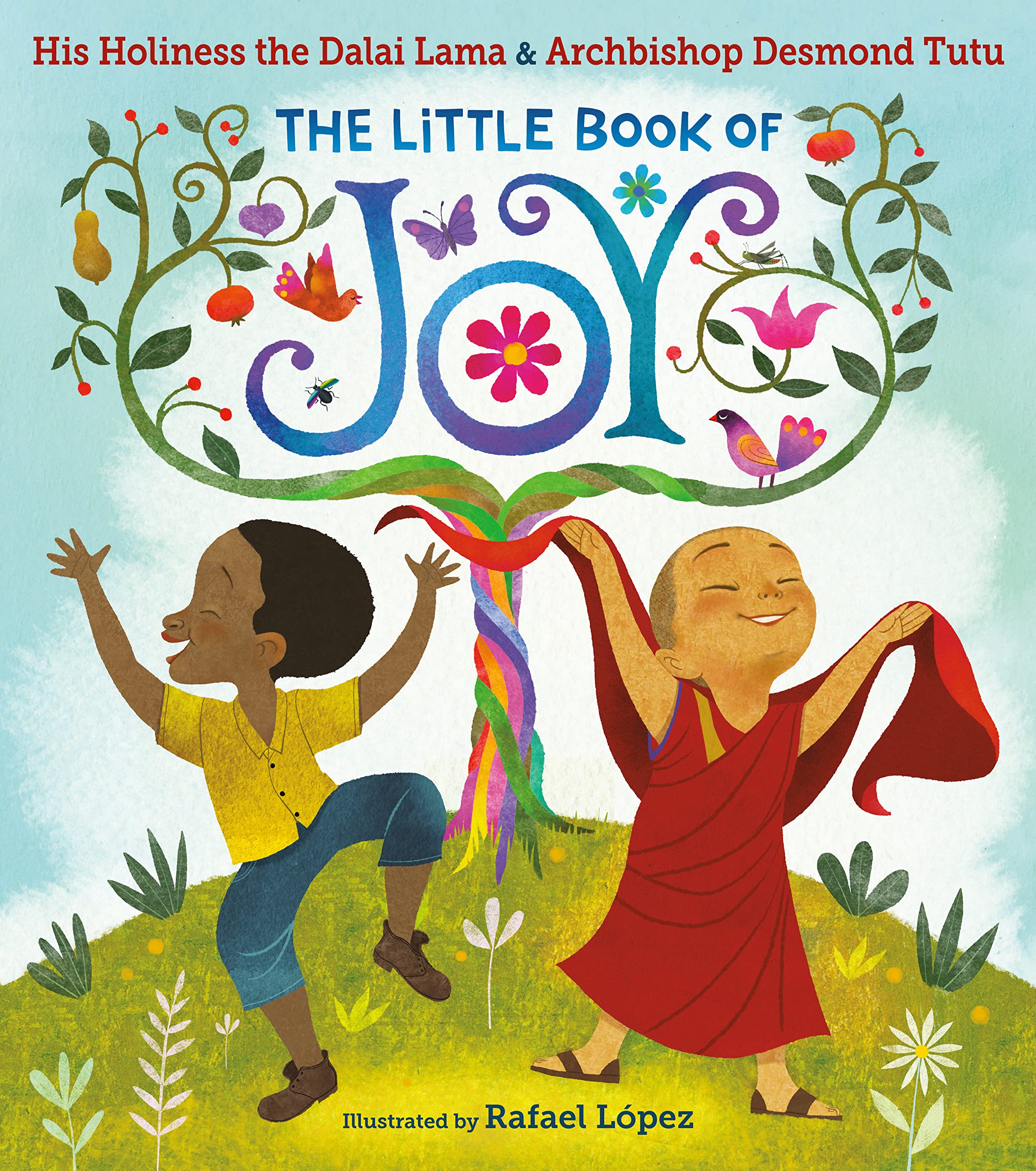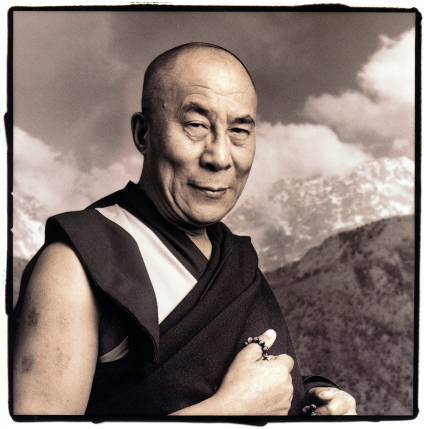
Nobel Peace Prize winners His Holiness the Dalai Lama and Archbishop Desmond Tutu share their own childhood struggles to show young readers how they can thrive and find joy even during the most challenging times in this picture book adaptation of the international bestseller The Book of Joy . If you just focus on the thing that is making you sad, then the sadness is all you see. But if you look around, you will see that joy is everywhere. In their only collaboration for children, His Holiness the Dalai Lama and Archbishop Desmond Tutu use their childhood stories to show young people how to find joy even in hard times and why sharing joy with others makes it grow. The two spiritual masters tell a simple story, vibrantly brought to life by bestselling illustrator Rafael López, of how every child has joy inside them, even when it sometimes hides, and how we can find it, keep it close, and grow it by sharing it with the world. Sprung from the friendship, humor, and deep affection between these holy men, the book is a perfectly timed and important gift from two revered spiritual leaders to children. It is a reminder that joy is abundant—no matter what challenges we face—and has the power to transform the world around us even in the darkest of times.
Author

Jetsun Jamphel Ngawang Lobsang Yeshe Tenzin Gyatso (born Lhamo Döndrub), the 14th Dalai Lama, is a practicing member of the Gelug School of Tibetan Buddhism and is influential as a Nobel Peace Prize laureate, the world's most famous Buddhist monk, and the leader of the exiled Tibetan government in India. Tenzin Gyatso was the fifth of sixteen children born to a farming family. He was proclaimed the tulku (an Enlightened lama who has consciously decided to take rebirth) of the 13th Dalai Lama at the age of two. On 17 November 1950, at the age of 15, he was enthroned as Tibet's ruler. Thus he became Tibet's most important political ruler just one month after the People's Republic of China's invasion of Tibet on 7 October 1950. In 1954, he went to Beijing to attempt peace talks with Mao Zedong and other leaders of the PRC. These talks ultimately failed. After a failed uprising and the collapse of the Tibetan resistance movement in 1959, the Dalai Lama left for India, where he was active in establishing the Central Tibetan Administration (the Tibetan Government in Exile) and in seeking to preserve Tibetan culture and education among the thousands of refugees who accompanied him. Tenzin Gyatso is a charismatic figure and noted public speaker. This Dalai Lama is the first to travel to the West. There, he has helped to spread Buddhism and to promote the concepts of universal responsibility, secular ethics, and religious harmony. He was awarded the Nobel Peace Prize in 1989, honorary Canadian citizenship in 2006, and the United States Congressional Gold Medal on 17 October 2007.